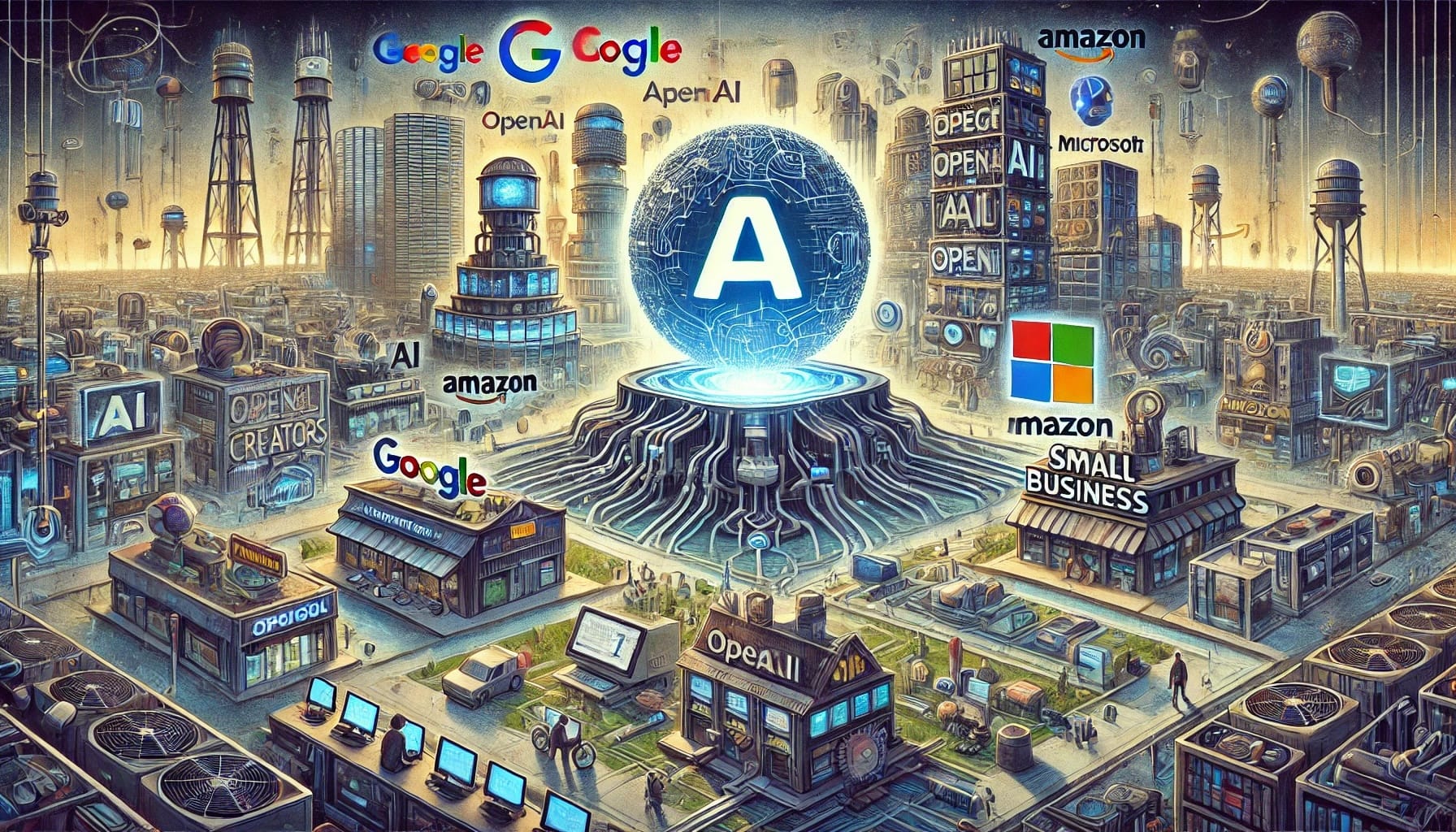The evolution of artificial intelligence is advancing at a breakneck pace, redefining the way we interact with information. Models like Gemini, GPT-4o, Claude 3, and LLaMA 3 are transforming the digital experience, reducing the need to search through web pages and providing instant, personalized answers. However, this advancement raises a crucial question: are we witnessing the end of the web as we know it?
Artificial Intelligence as the Main Interface
The use of search engines is changing. Whereas users used to rely on Google or Bing to find information on web pages, they can now obtain direct answers from AI assistants without needing to click on links. The trend is clear: traditional web browsing is losing relevance to models that can aggregate, synthesize, and personalize content in real time without redirecting users to external sites.
This phenomenon affects not only digital media and independent blogs but also online stores, content platforms, and business services that depend on web traffic. If users stop visiting web pages because they get what they seek directly from a chatbot or voice assistant, what future awaits small digital businesses?
The Information Monopoly: Goodbye to Digital Diversity?
Big tech companies like Google, OpenAI, Meta, Amazon, and Microsoft are consolidating an ecosystem where access to information and digital services is increasingly centralized. This generates several consequences:
✅ Greater control over what users can see and consume.
✅ Gradual disappearance of small digital businesses and independent media.
✅ Reduction in the diversity of information sources and viewpoints.
✅ Increased dependence on platforms controlled by a few companies.
If AI becomes the primary filter for accessing information and services, the companies that dominate these models will determine what content is visible and what is not. In other words, the web would cease to be a decentralized space and turn into a closed garden controlled by a few corporations.
Are We in Time to Avoid It?
Although the trend seems inevitable, there are still strategies to prevent AI from monopolizing access to information:
🔹 Promote decentralized and open-source AI models. Alternatives like Mistral AI or open-source projects can ensure greater diversity and competition in the sector.
🔹 Encourage regulations that protect digital independence. The European Union and other organizations are already working on regulations to prevent monopolies in access to information.
🔹 Adapt business models. Companies and content creators need to find new ways to integrate AI into their digital strategies instead of competing directly with it.
The future of the web will depend on the decisions we make in the coming years. While AI represents an unstoppable technological evolution, it is crucial that its development and application do not eliminate the independence and diversity that have characterized the internet since its inception.
Conclusion
We find ourselves at a digital crossroads. Artificial intelligence is transforming the way we consume information, but it also threatens to centralize power in the hands of a few companies. Will we allow the open web to disappear, or will we find a way to balance innovation and decentralization?
The debate is open, but the time to act is running out.
References: Carrero and Social Media News

